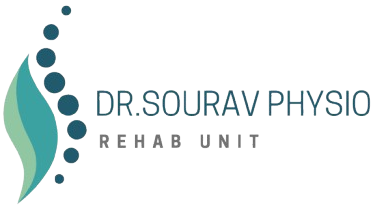Introduction
Living with a chronic condition such as arthritis, stroke, or Parkinson’s disease can feel overwhelming. These conditions don’t just affect physical health but also take a toll on emotional well-being. Physiotherapy offers patients long-term solutions that focus on improving quality of life, independence, and comfort.
Physiotherapy for Chronic Illness Management
Chronic conditions require continuous care, not temporary fixes. Physiotherapy helps patients by:
- Managing pain effectively
- Preserving and improving mobility
- Preventing further deterioration
- Encouraging independence in daily activities
Conditions That Benefit from Physiotherapy
- Arthritis
Physiotherapy reduces joint stiffness, strengthens surrounding muscles, and makes everyday activities like walking or climbing stairs less painful. - Stroke Recovery
Stroke often leads to weakness or paralysis on one side of the body. Physiotherapists help patients regain strength, coordination, and balance, enabling them to perform daily tasks again. - Parkinson’s Disease
Regular physiotherapy improves mobility, balance, and posture, helping patients manage tremors and stiffness. - Chronic Back and Neck Pain
By addressing posture issues and muscle imbalances, physiotherapy provides long-term relief without dependence on painkillers.
Benefits for Patients
- Independence – Patients can perform daily tasks without always relying on others.
- Confidence – Improved mobility boosts self-esteem and emotional well-being.
- Prevention of Complications – Reduces risks such as falls, joint deformities, or muscle weakness.
- Enhanced Mental Health – Staying active improves mood and reduces anxiety.
Example Case
An elderly patient with arthritis may struggle to get out of bed or climb stairs. With physiotherapy, exercises strengthen muscles, and mobility training ensures they can move safely around the house. Over time, their confidence increases, and they feel less dependent on family members.
Conclusion Chronic conditions may not be curable, but physiotherapy makes them manageable. It empowers patients to live with dignity, independence, and a better quality of life—one step at a time.
